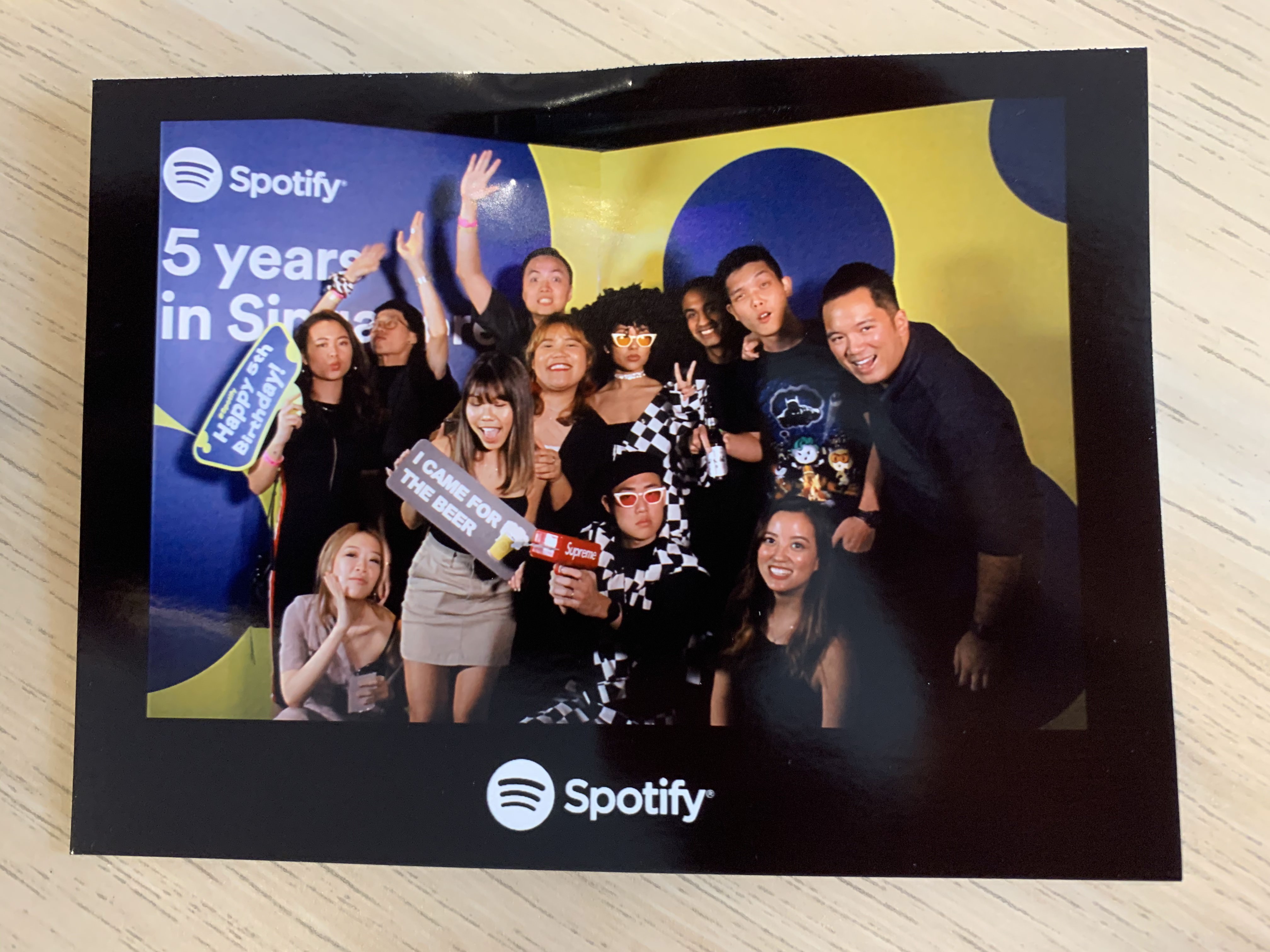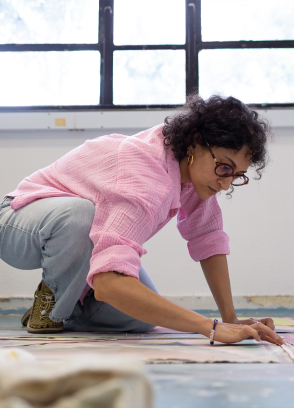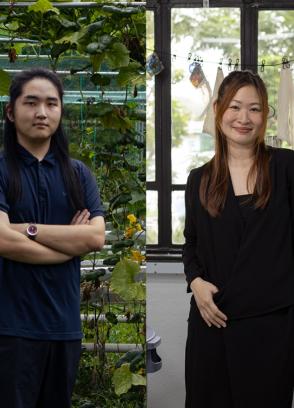30 October 2019
Streaming giants such as Spotify and Apple Music have, for better or worse, changed the way we consume music. As musicians today grapple with changing distribution models and revenue streams, it is also a time of immense possibility. In the face of disruption, artist managers have to be increasingly agile, acting strategically to maximise opportunities for their artists in this brave new world.
We asked BA(Hons) Arts Management alumna Nikki Homaili to weigh in on the role of the arts manager in the local music scene today. Nikki researched the viability of touring for Singaporean indie artists for her final year thesis. She now works for local record label Umami Records and artist management agency Foundation Music, where she co-manages indie singer-songwriter Linying.
How did you first get started in artist management?
While studying in poly I started creating artist press kits and liaising with venues for tech riders for some of my friends. I also managed my brother’s band, CampFire, which was a hip-hop electronic duo.
My first job in the industry was as an intern for Umami Records. My job scope consisted of handling the music distribution to stores such as pitching to Spotify and Apple Music curators. I also sent out press releases for the label.
How did your time at LASALLE bolster your skills as an artist manager?
As part of the internship module in level 2, I interned at Foundation Music. During that time, I moved from backend work to co-managing Linying as well as being a part of the team at Umami Records that plans strategies for the artists. Juggling these two roles helped me to see the perspectives of a record label as well as artist management.
The Arts Management programme at LASALLE also had a lot of group projects where we had to conceptualise and execute events. It taught me a lot about teamwork and balancing being both people- and task-oriented. Arts managers have to interact with a wide network of people, as well as manage teams when we run events, but we also have to stay focused to achieve specific goals for the artists we manage.
What do you think are the key attributes of a successful arts manager?
In my personal experience, an arts manager first has to understand the artist and her craft, as well as how the manager can add value to an artist’s career.
In addition to earnings from music streaming, I think it’s important to find other opportunities to strengthen the long term viability of the artist’s career. This can be through billable opportunities such as performance platforms, the right music collaborations or even brand engagements. To succeed at this, an arts manager needs a wide network of contacts, a good work ethic and dedication to their artists.
An artist manager also needs to be creative in problem-solving and have a business mindset. We act as mediators and communicate on behalf of the artist, so the onus is on us to negotiate the best deals to ensure that the artist is not taken advantage of.
Decreased revenue from music streaming has been cited as a reason for the increased importance of touring for artists. Do you think that’s an option for local artists?
What I found out in my research is that touring is not yet a primary revenue stream for local artists the way it is for musicians living in a multi-state country. Artists living in US or UK are able to tour interstate to play at festival showcases without having to headline a show. These curated festival showcases are good platforms to introduce emerging artists to wider audiences and key industry delegates.
Singaporean artists don’t have this option and touring internationally is a costly risk. Artist managers need to strategise the limited funds and promotional support, and also consider factors that could help artists maximise their time while on tour. For example, are there further opportunities like a collaboration with a local artist there, or media interviews?
I also think knowing when to tour matters. It doesn’t make sense to tour when no new music is released yet or if there is no buzz of any kind in that territory.
What are your thoughts on the current state of the independent music scene in Singapore?
In my opinion, the independent music scene in Singapore is growing but still small. I feel that Singaporean musicians only get local support when the artist receives international recognition. This mentality of 'foreign is better’ needs to change – there is plenty of quality made-in-Singapore music.
It’s nice to see how the successes of earlier local musicians have paved the way for the growing number of emerging acts in the scene. Today, music can travel far thanks to platforms like Spotify and Apple Music, which allow artists to release their music independent of labels and enabling cross pollination through collaborations. Almost every other week, there are new releases from independent artists and the community is growing.
Most indie musicians are currently self-managed. Having more passionate artist managers to support these emerging indie musicians is necessary to help strengthen the music ecosystem and make it viable in the future.
What words of advice would you have for aspiring arts managers about getting a job in the music industry?
Never be afraid to try and experience new things and to put yourself out there. Attend music talks and conferences to learn more about the industry and meet people in the scene. Always work hard and be humble!
 Nikki and Umami Records artists and staff
Nikki and Umami Records artists and staff




